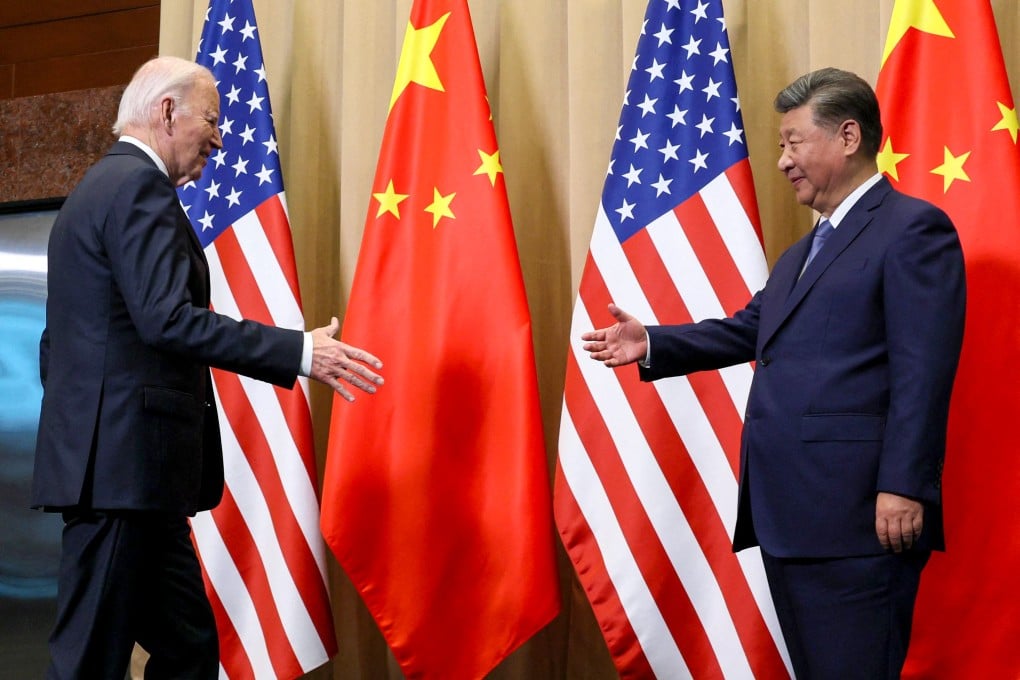Editorial | Xi spells out ‘red lines’ in talks with Biden for the benefit of Trump
Meeting between China and US presidents carries message that next occupant of White House should exercise ‘extreme caution’ in relations

During the lame-duck phase of a US presidency, expectations of major policy initiatives or breakthroughs in relations are limited. Even so, the meeting between the leaders of the world’s first and second largest economies in Peru took on a level of importance that should not be understated.
President Xi Jinping took the opportunity in meeting with outgoing US leader Joe Biden to state he was “ready to work” with president-elect Donald Trump to improve relations and warned against decoupling and supply chain disruption. Xi also offered a firm reminder of the red lines in Sino-US relations to be avoided, calling on Washington to exercise “extreme caution” regarding Taiwan and to avoid provocation in the South China Sea.
In an unusual move, Xi mentioned the island’s leader by name, saying it was important to recognise the “Taiwan independence” nature of William Lai Ching-te. Xi included the island among four “red lines” for exchanges with Washington, along with democracy and human rights, political systems and Beijing’s right to develop. With just two months left of Biden’s term, the message was clearly aimed at Trump, whose first administration in its waning months had started to flirt with challenging China more aggressively.
“China is ready to work with the new US administration to maintain communication, expand cooperation and manage differences, so as to strive for a steady transition of the China-US relationship for the benefit of the two peoples,” Xi said during the meeting in Lima, where leaders were attending an Apec conference.
Trump has begun assembling a cabinet of China hawks after pledging a fresh blast of 60 per cent tariffs at Beijing, and 20 per cent on goods from the rest of the world. The shotgun-style approach to trade would replace the targeted “small yard, high fence” of the Biden administration, which sought to limit Beijing’s access to hi-tech and advanced semiconductors but kept commerce flowing in most areas.
The world’s most important bilateral relationship faces much uncertainty. Trump upheld the “one-China” principle during his first term, as did Biden, who enlisted allies to counter China’s influence and increased the US naval presence in Asia but recently reinstated military-to-military communications to avoid escalation. In return for US support, Trump has called on Taiwan to shoulder more of the burden for its own defence. Whatever emerges, cooperating on global issues such as climate change, Ukraine and Middle East security, and managing the fallout from a looming trade war will be critical.

